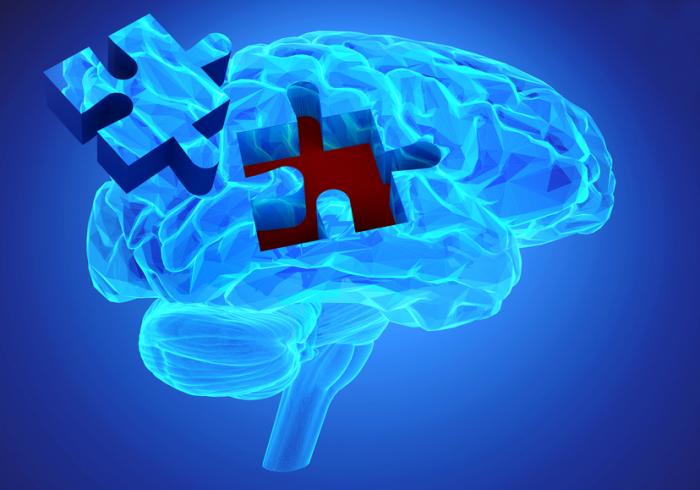There are lots of causes of memory difficulty. However, when you hit about 65 years old, the risk of developing dementia goes up.
Dementia is a growing and widespread health dilemma because it attacks the very thing that makes us who we are and how we function in our lives. The core feature of dementia is when your short-term memory function is impaired, for example, when you can’t remember the dates of upcoming events or appointments, or when you forget where you put your keys and later find them in the fridge. As dementia progresses, eventually your long-term memory becomes impaired, so you may not remember the way to drive home from a distance, or how to prepare a meal that you have been making for years.
Subtle memory loss can be painful. And when you are your loved one starts to loose their memory, there is fear and uncertainty of what to do next.
What are the signs of age-related memory loss you should know?
These Behaviors Are Often Associated With Normal Aging:
- You forget names or appointments
- You take longer times recall the name of a famous actor or singer that you follow
- You become confused about the date at an instant, but can recall the date later
- You sometimes have trouble finding words, but not always
- You misplace items that you can usually find by retracing your steps
- You need help with previous but complex familiar tasks, such as setting the DVR or the house alarm.
What are the signs of Alzheimer’s Disease?
These Behaviors Can be a sign of Alzheimer’s Disease
- You forgetting recently learned information (names of children) or forgetting important dates (anniversary)
- Repeating questions about items or events that were recently discussed
- Losing track of defining seasons, dates or the time
- Forgetting your location and how you got there
- You have difficulty engaging in a conversation
- You forget the meaning of some words or how to use words in their usual place in a sentence.
- You misplace personal items often or you leaves things in odd places (remote control in pantry).
- You have problems developing a plan that involves multiple steps or considerations, but you were good at that in the past.
- You have trouble driving in familiar locations and forgetting the location all together
- Forgetting how to complete tasks, do simple math and how to judge the outcomes of routine situations.
The latter behaviors in the list above mean that if you are otherwise healthy mentally and physically, you are in your 60s or 70s, and if you are not under the influence of medications or substances, you should be evaluated for dementia.
The good news is that although the disease factors that lead to Alzheimer’s are known to start many decades before the first obvious clinical signs of disease, there are proven things that individuals can do to delay and even prevent the devastating impact of the disease.
Learn more with Your Brain Doctor about what you can do to improve your cognitive function and know the difference between normal aging and abnormal aging.

